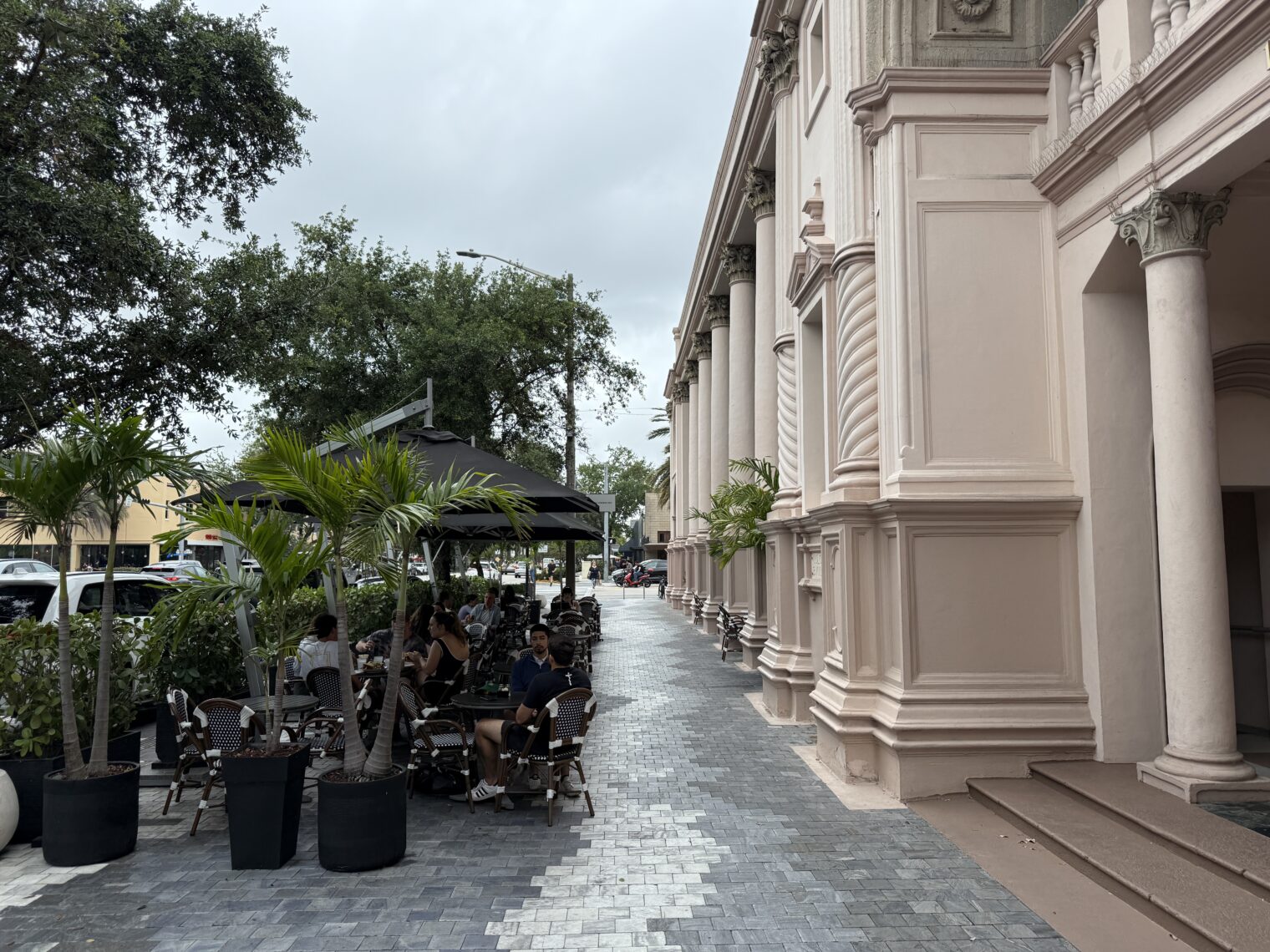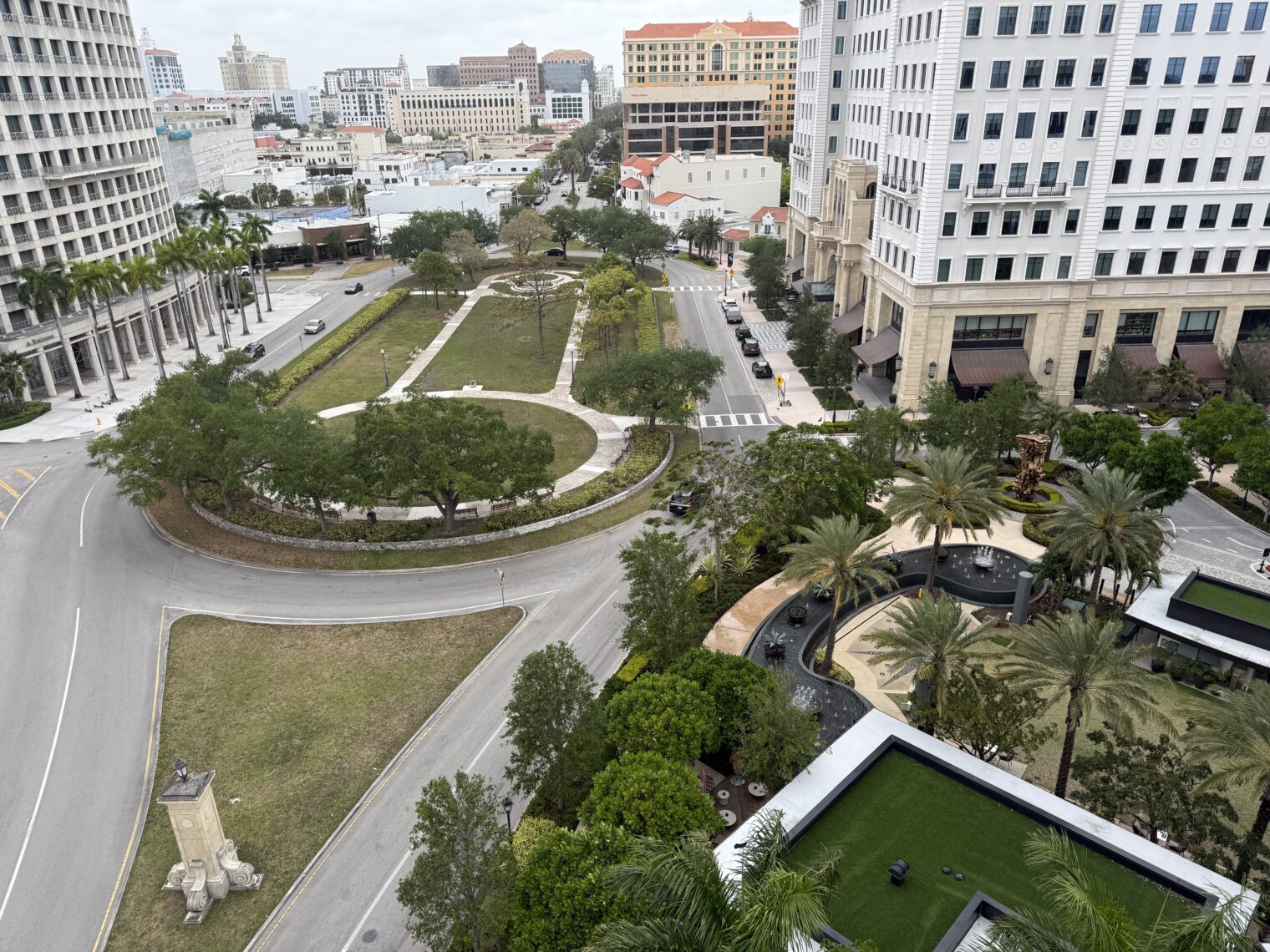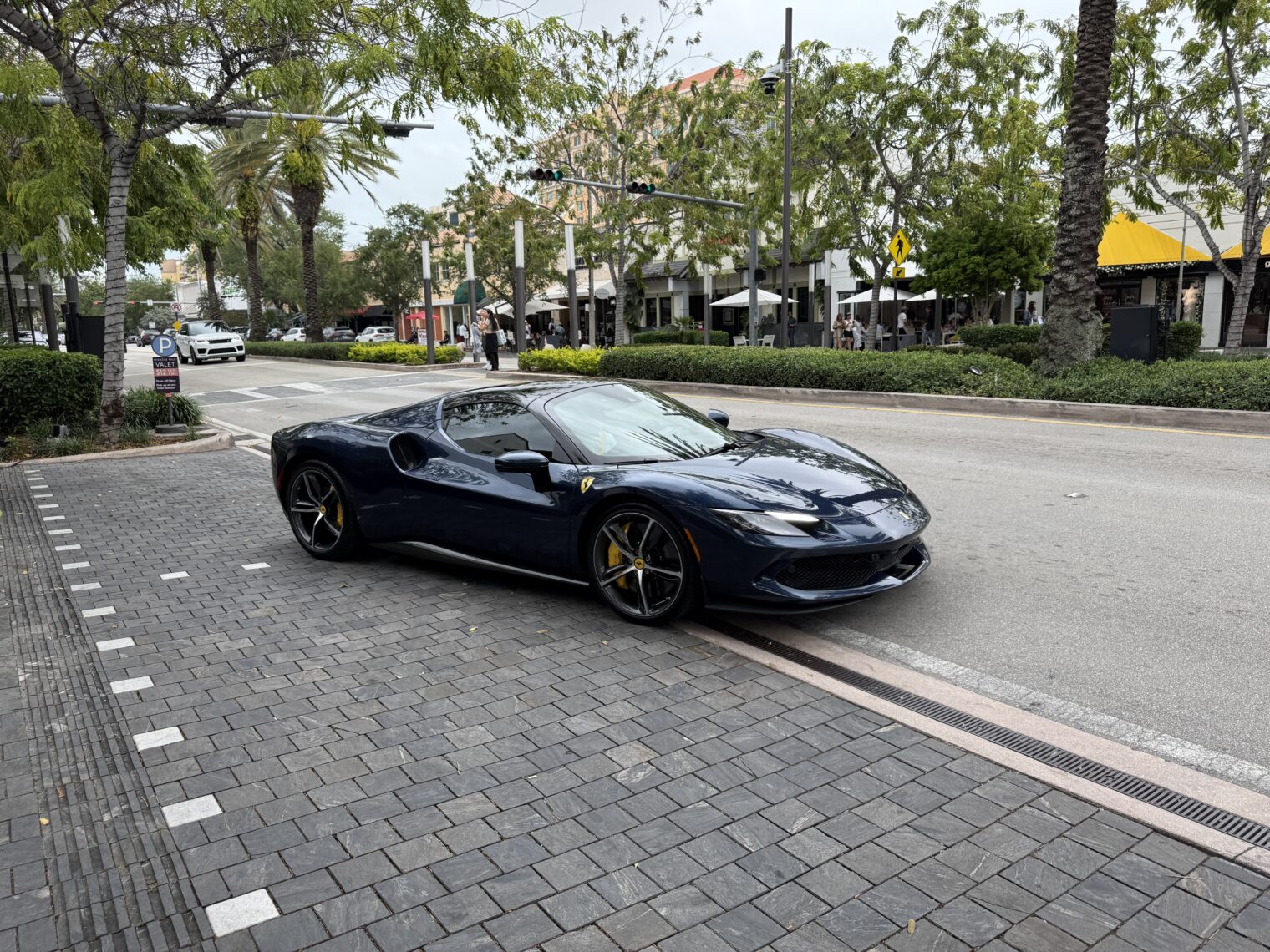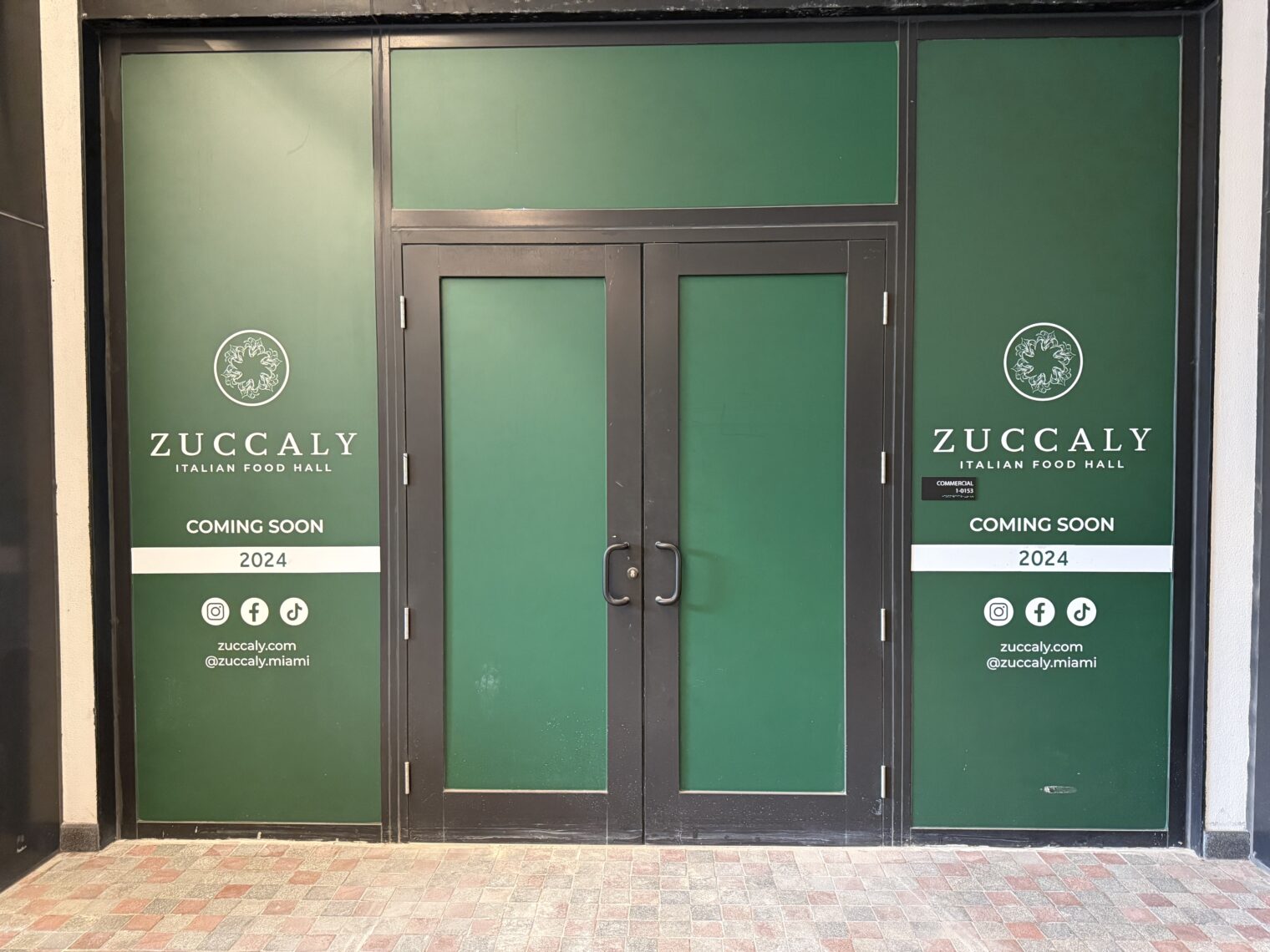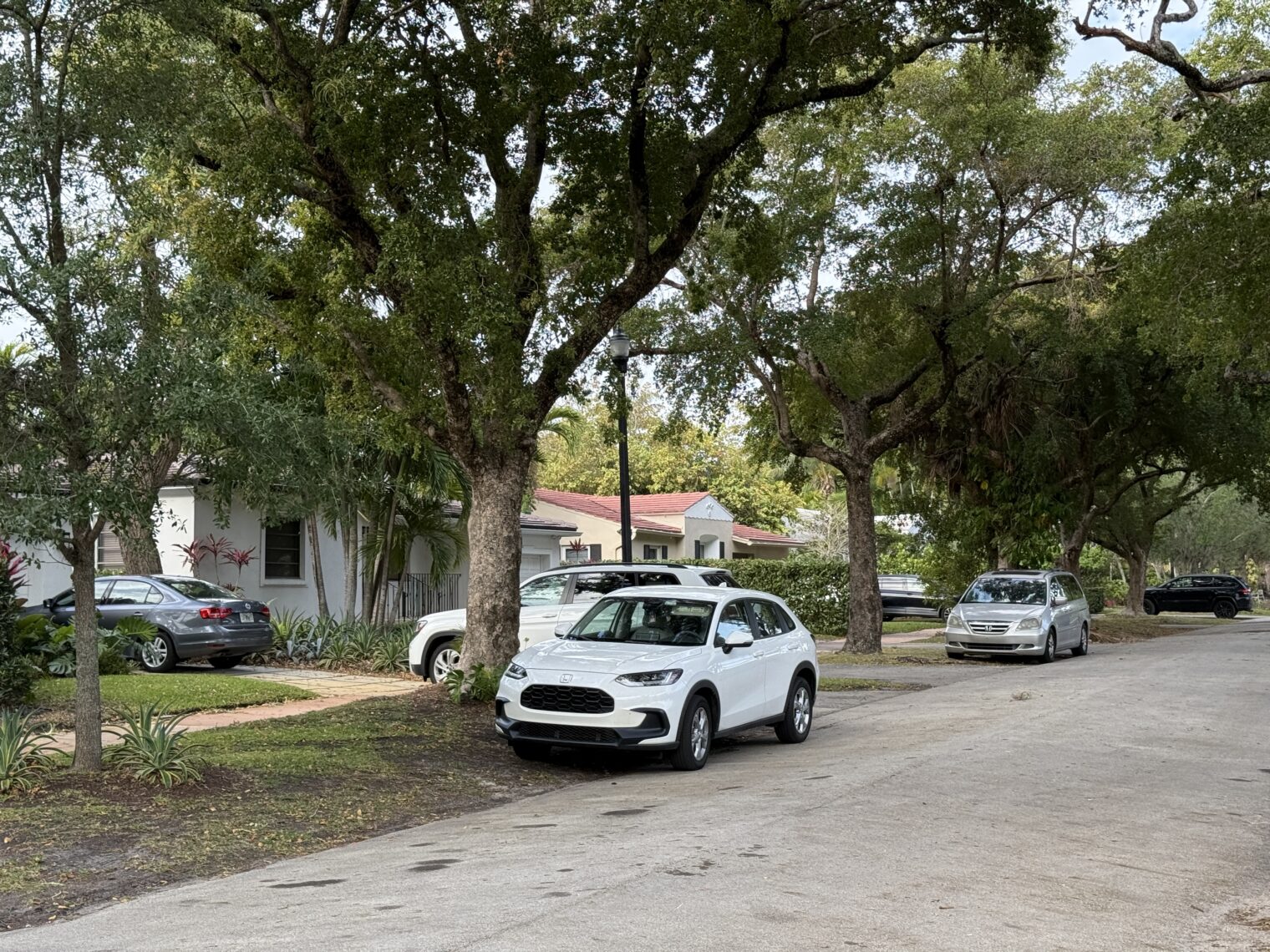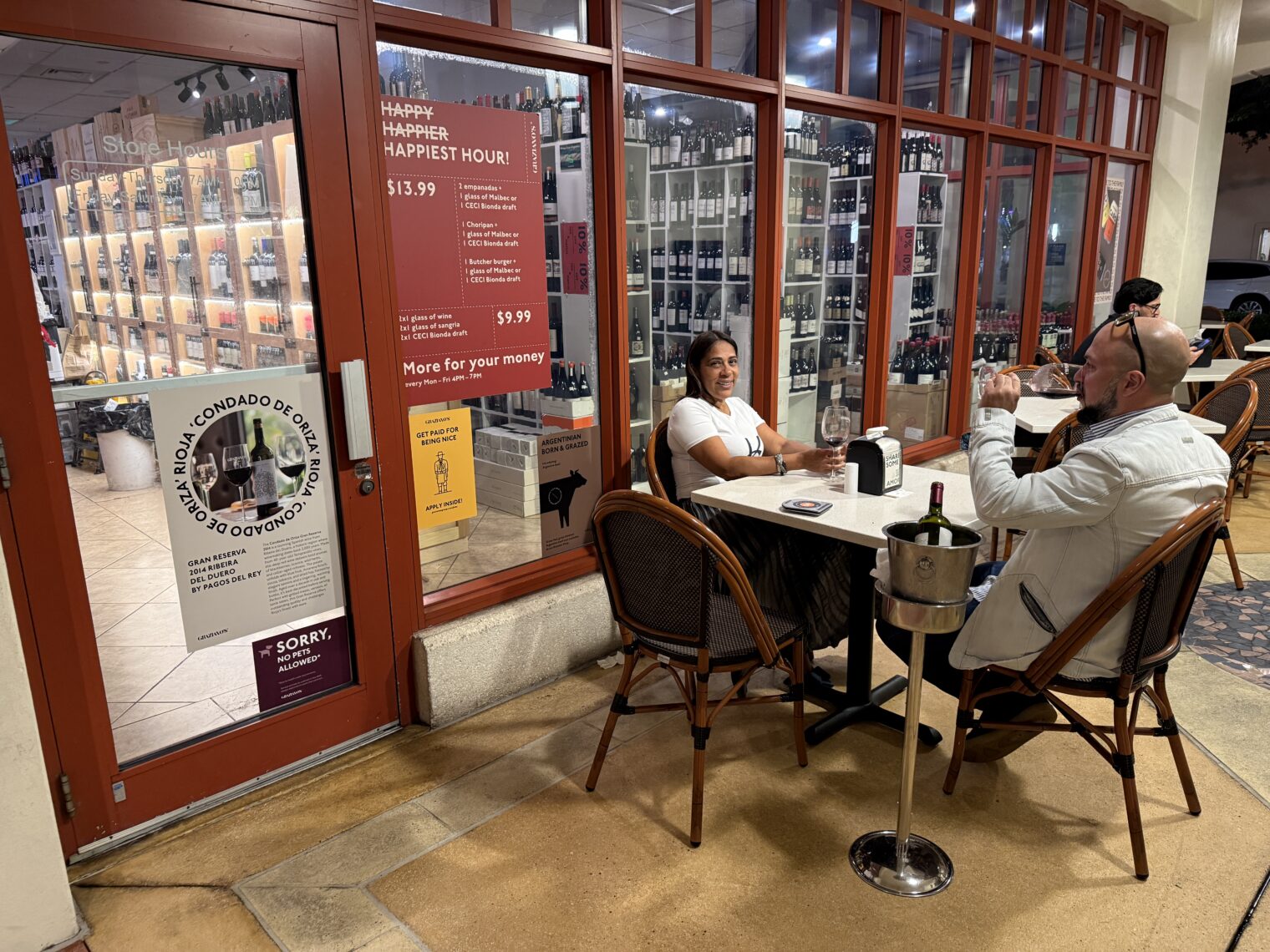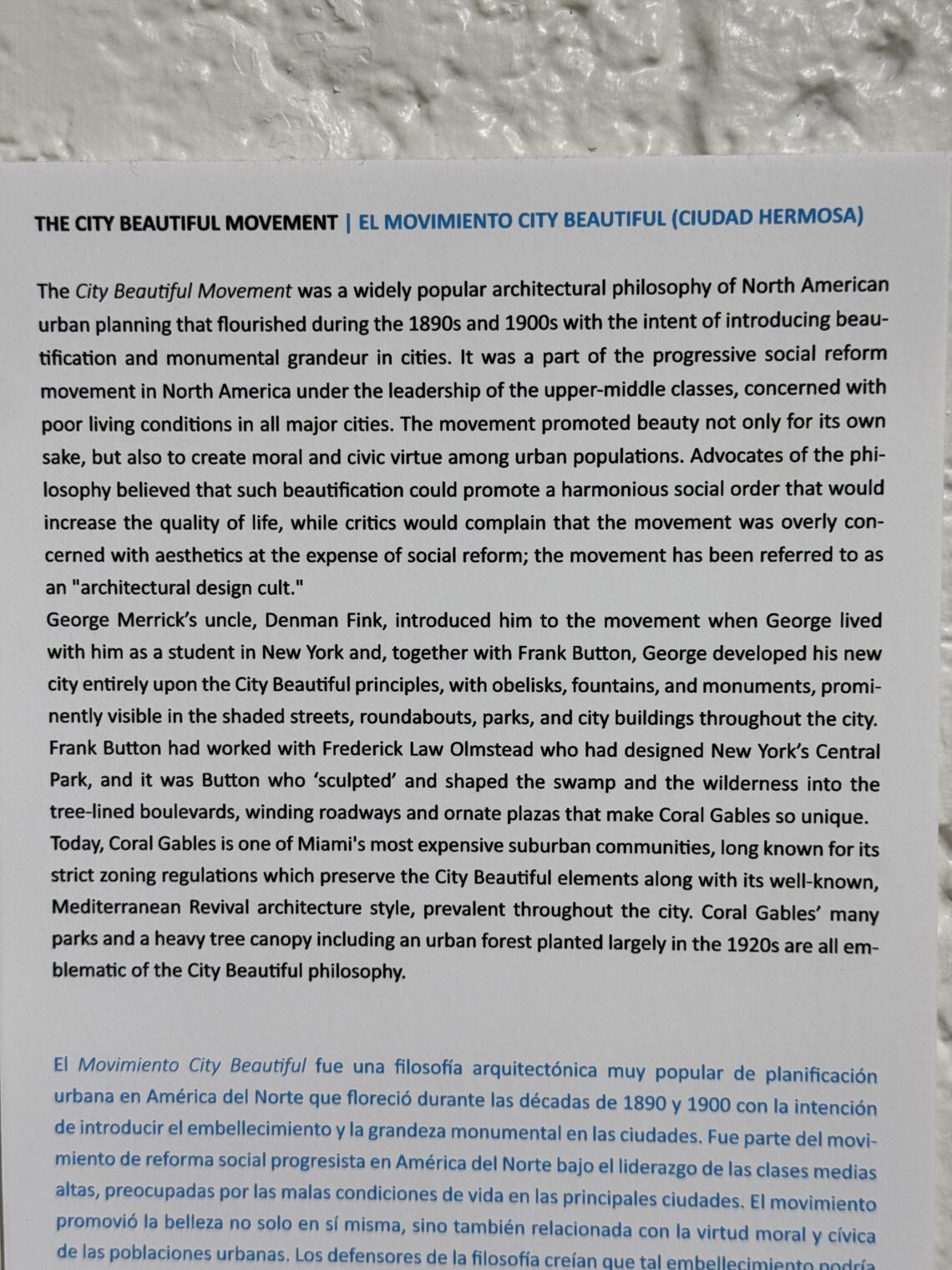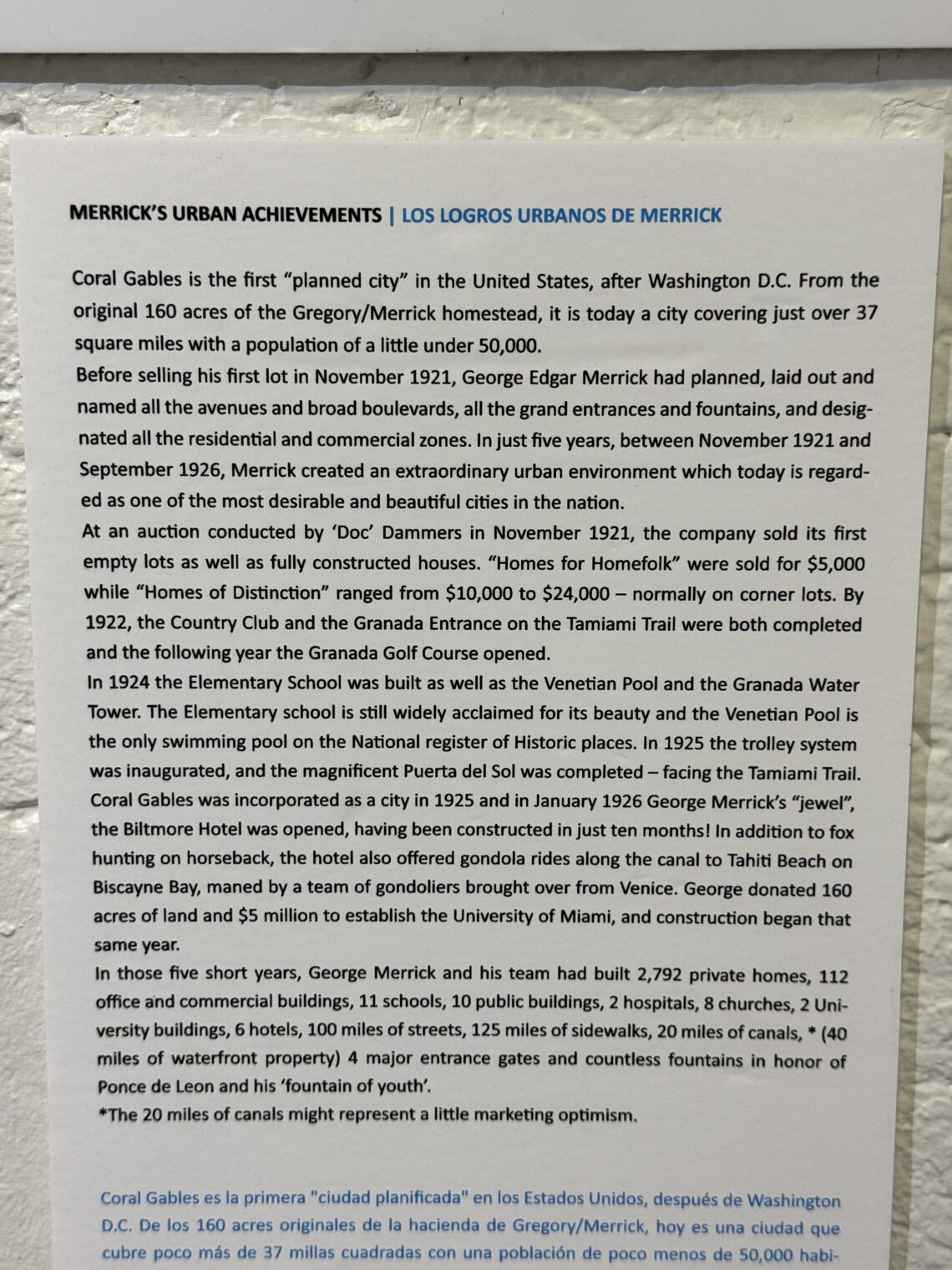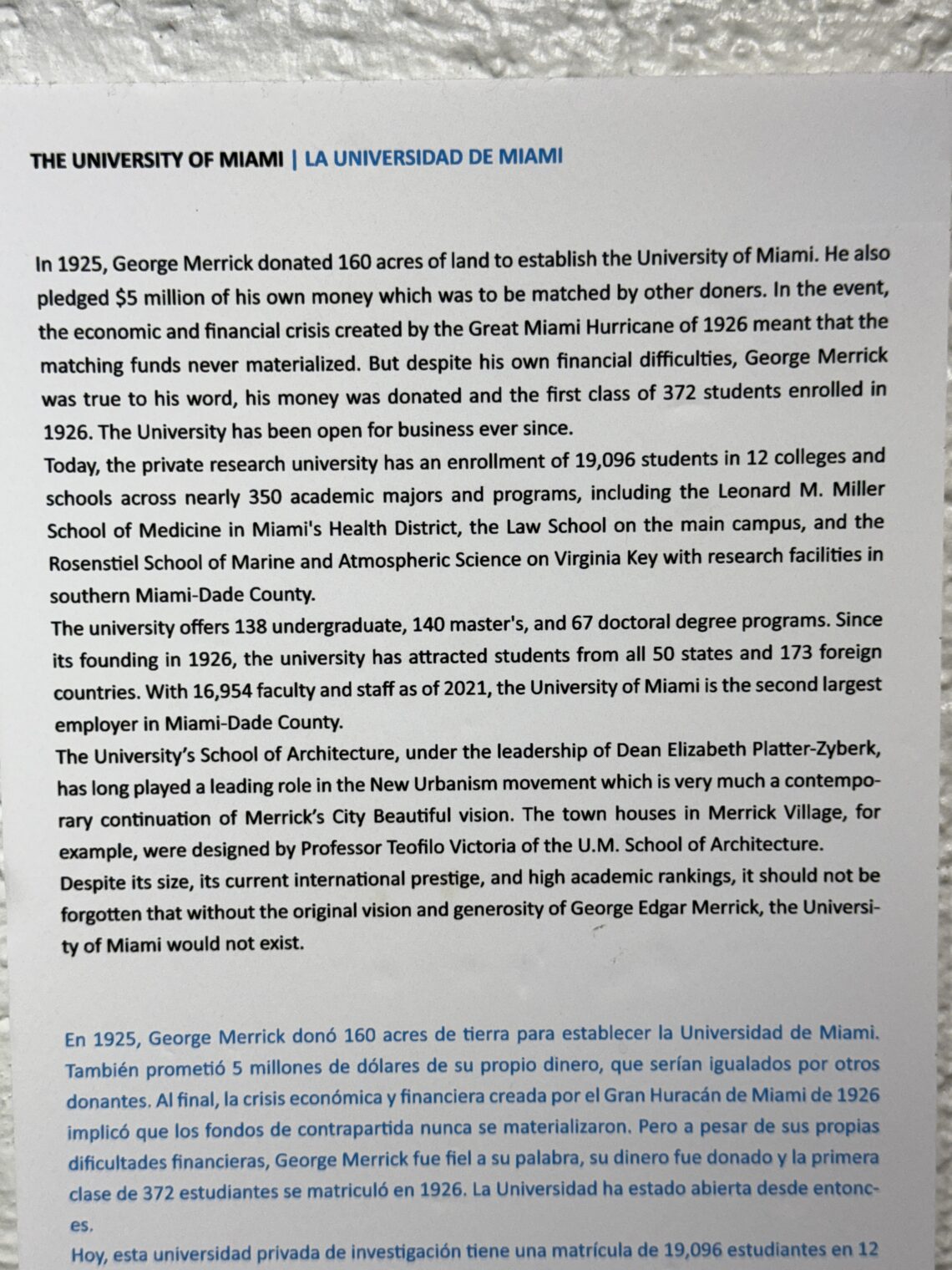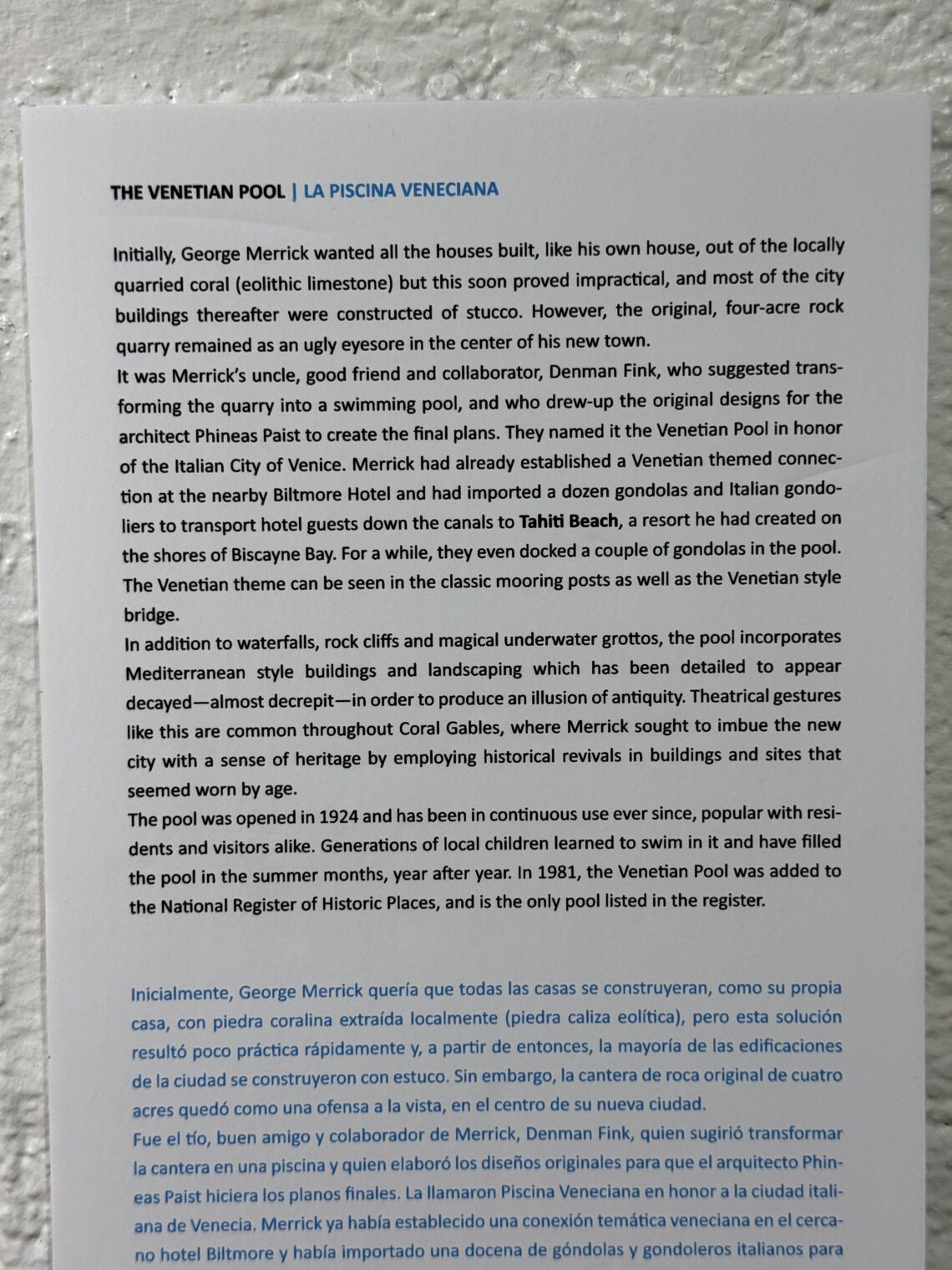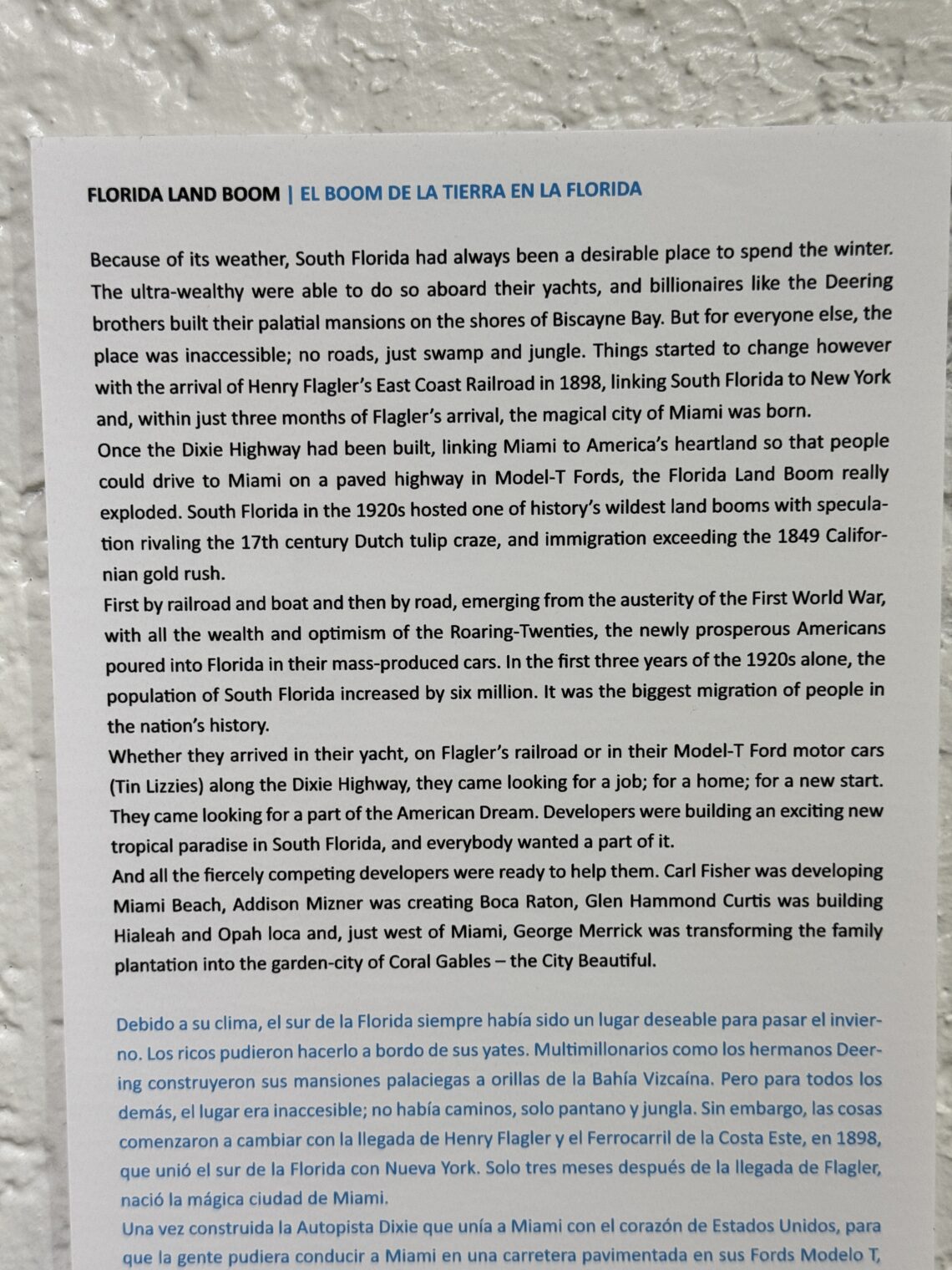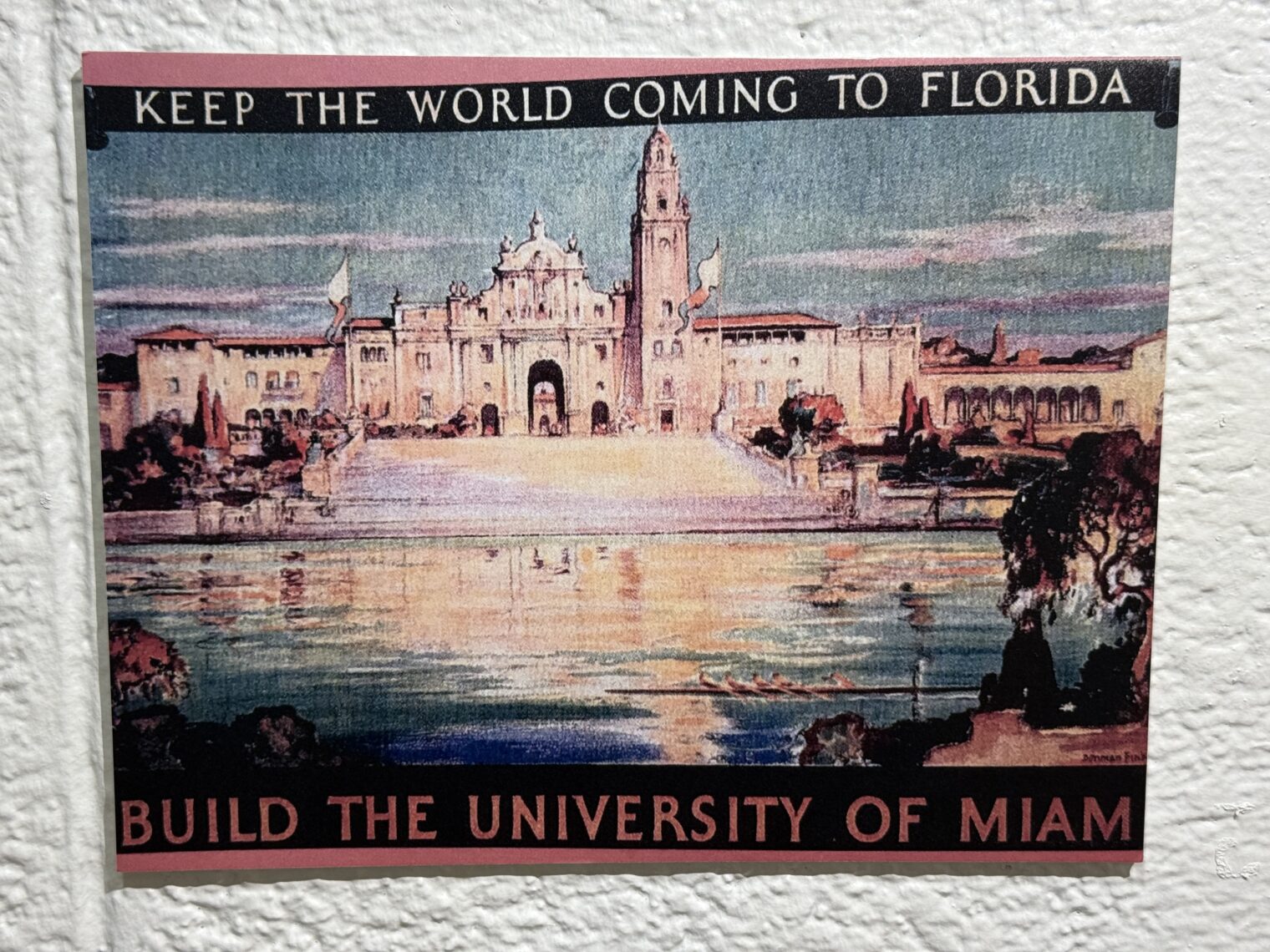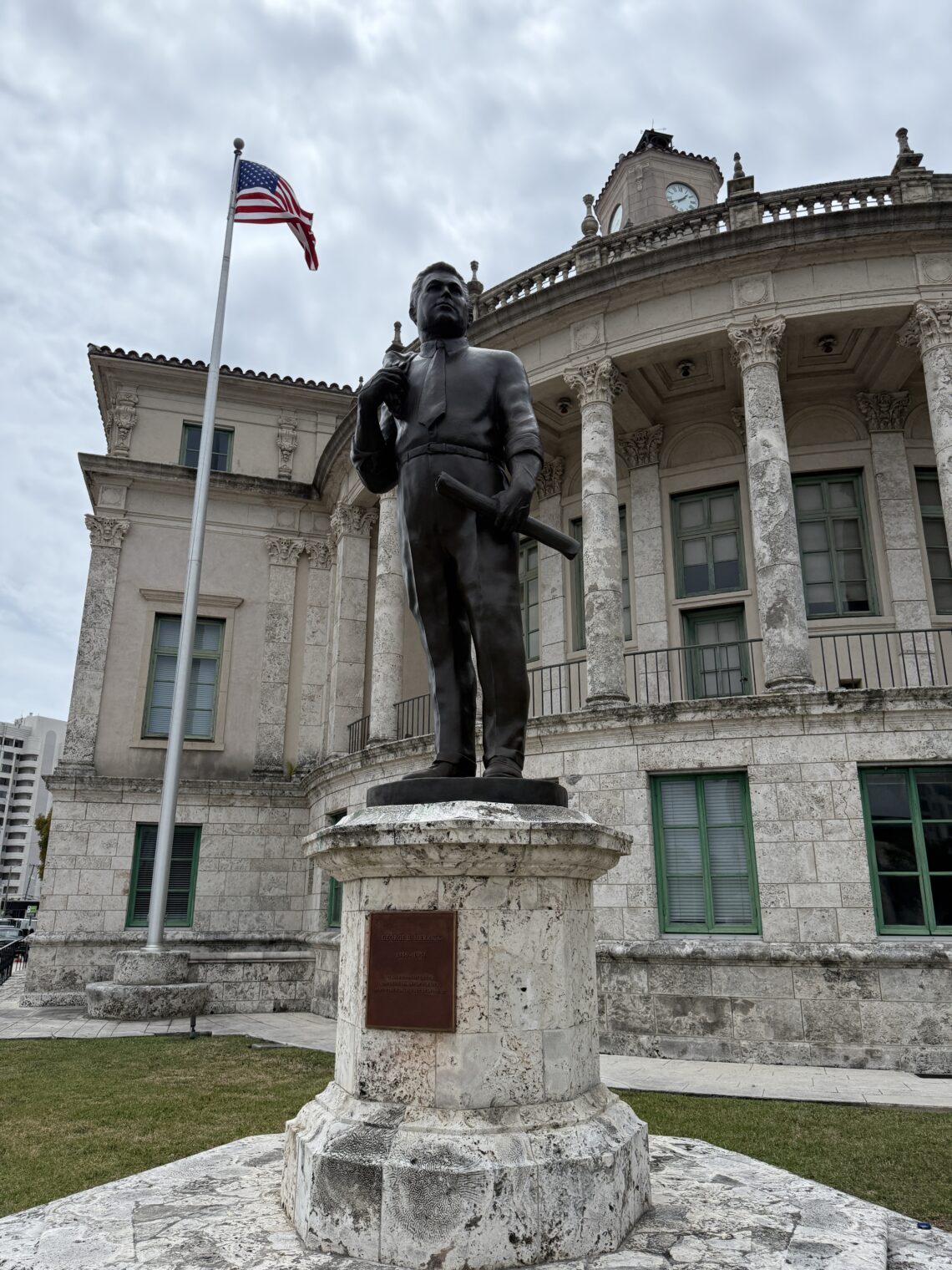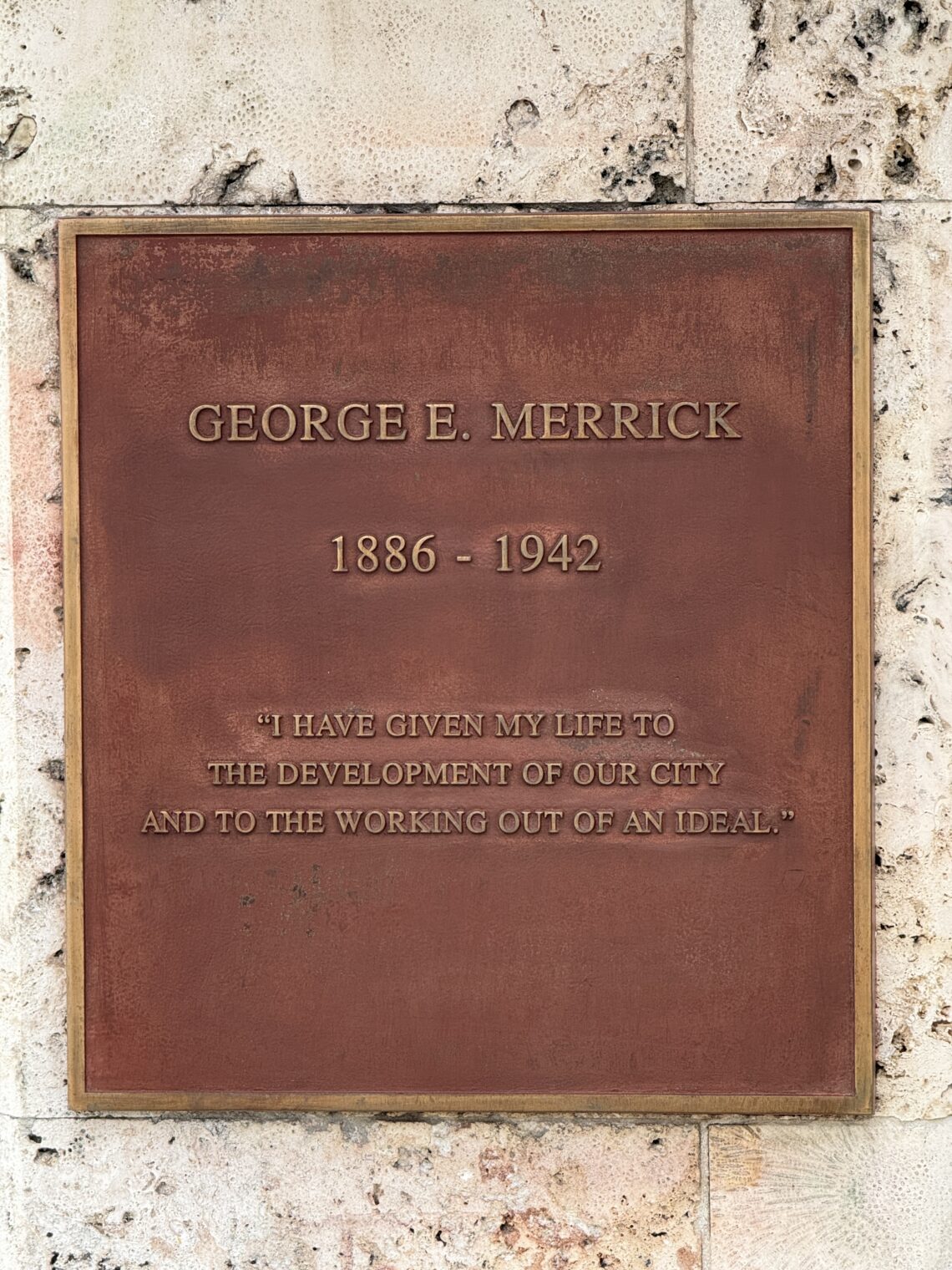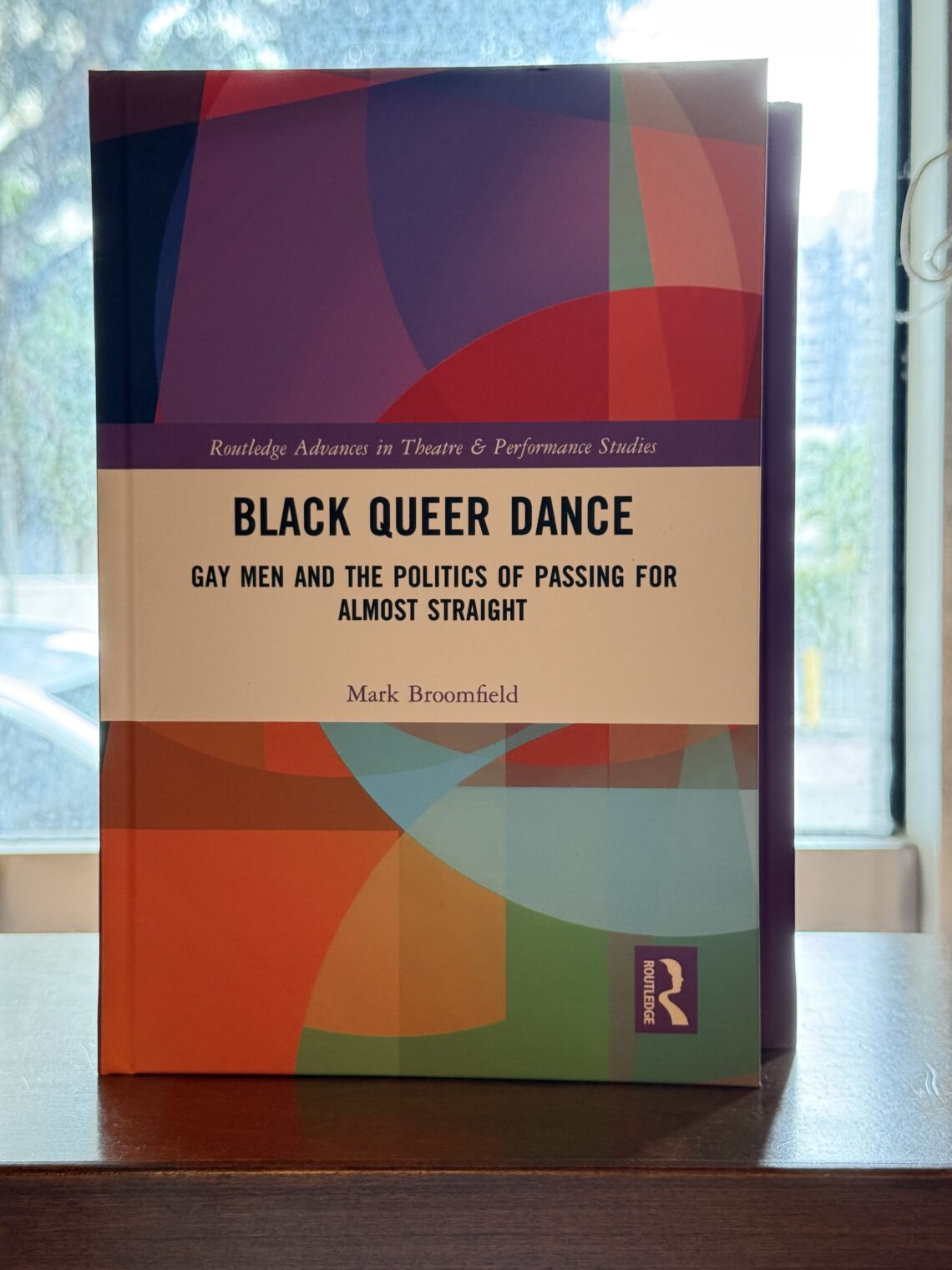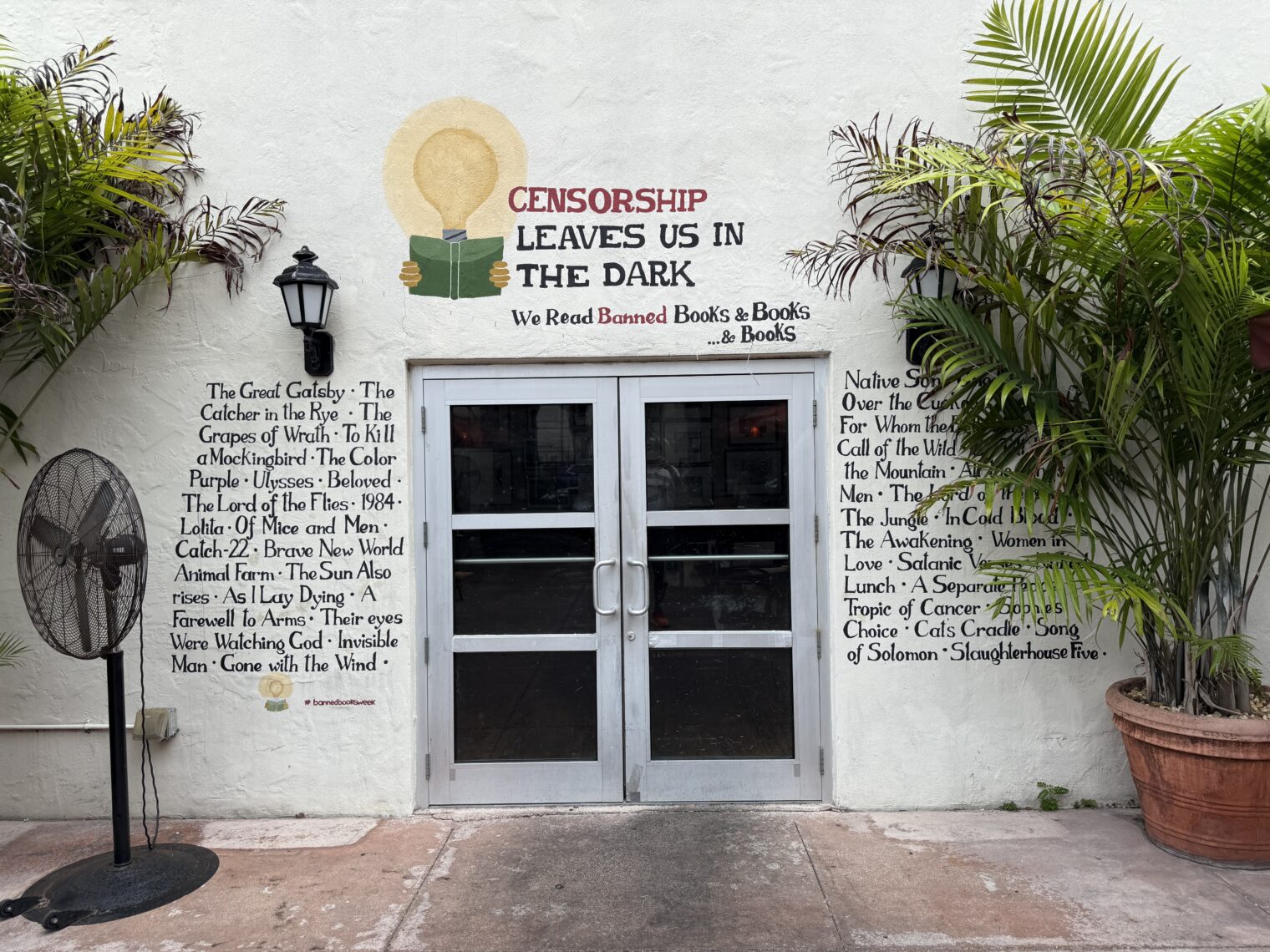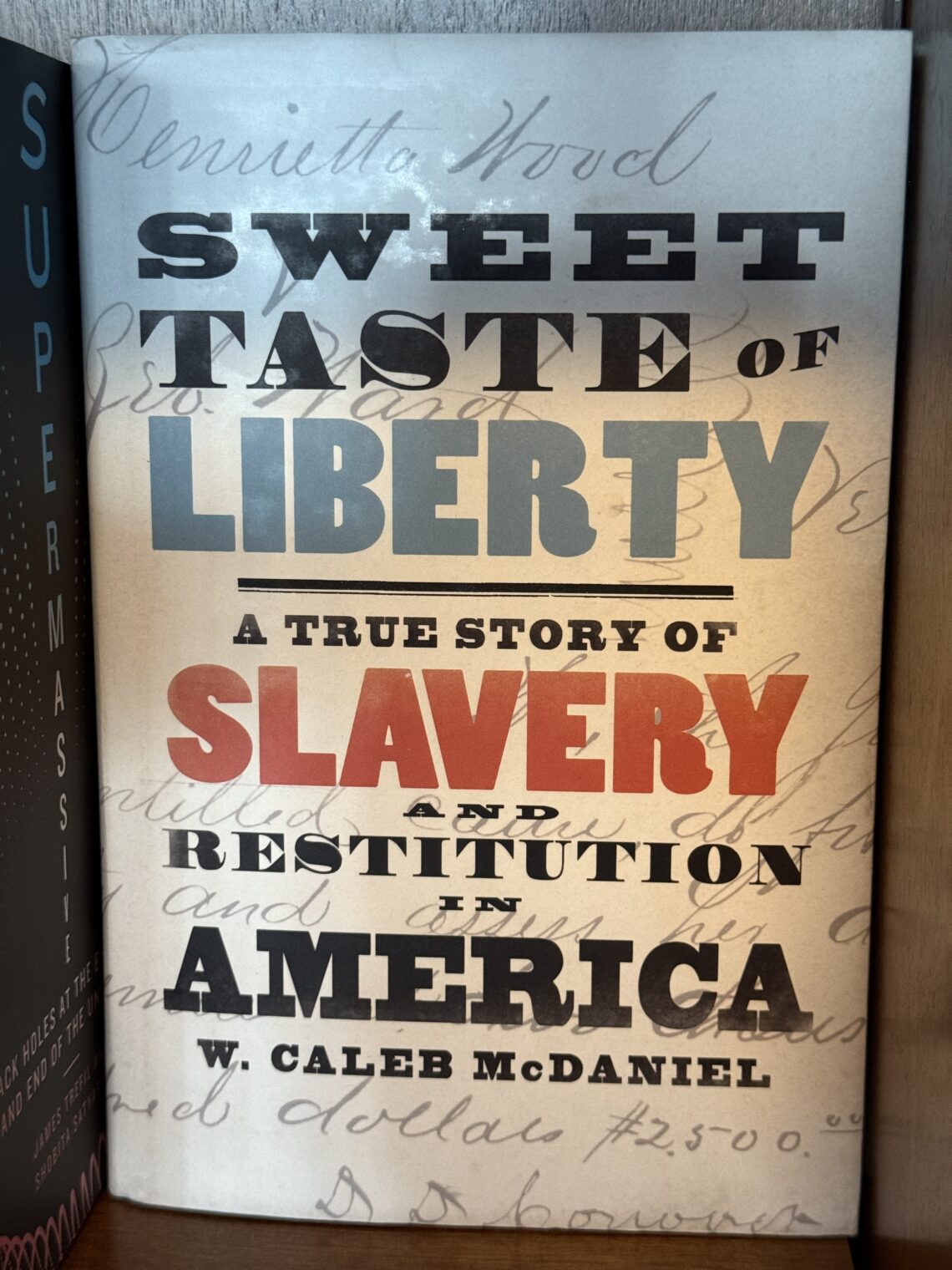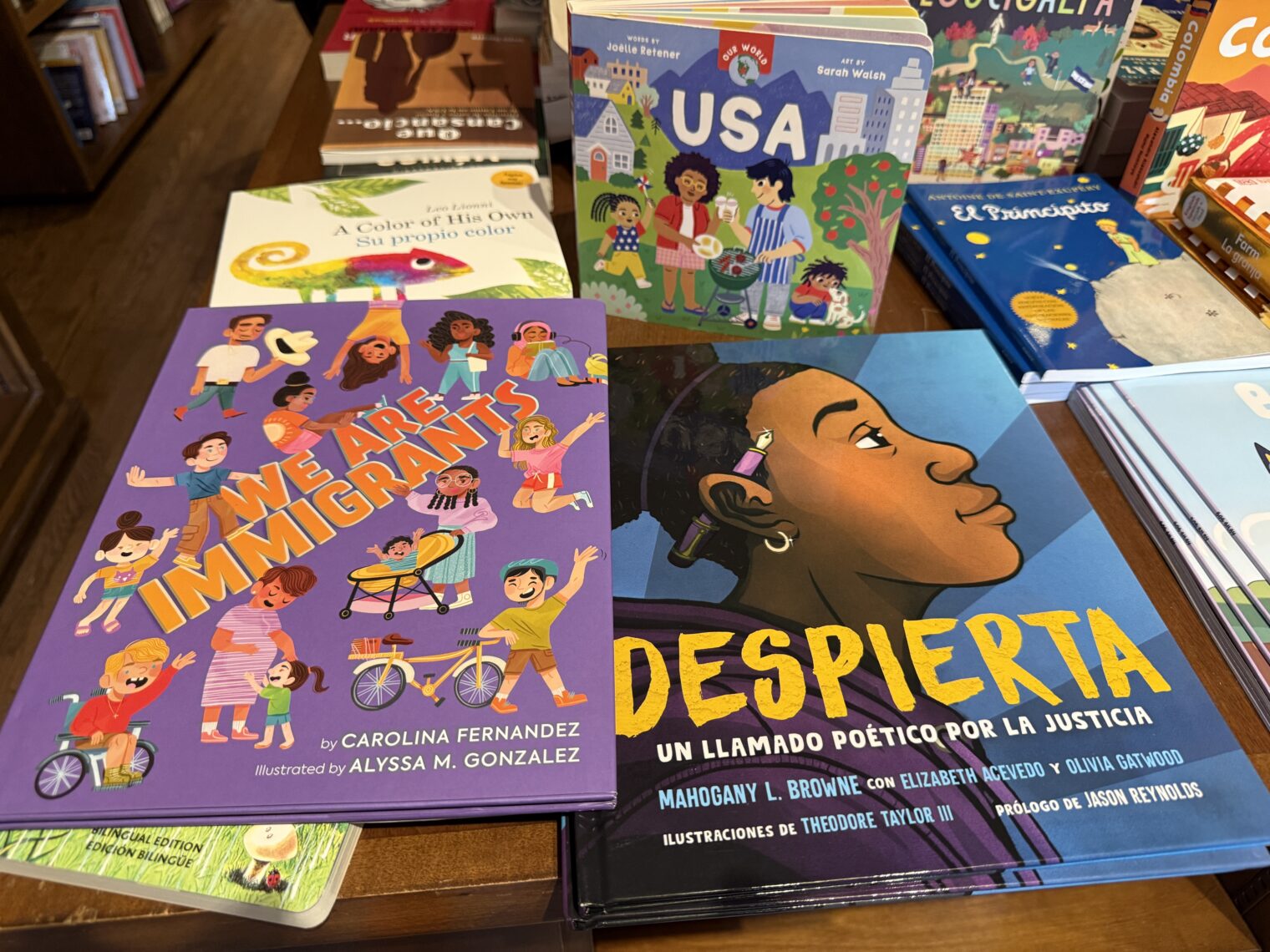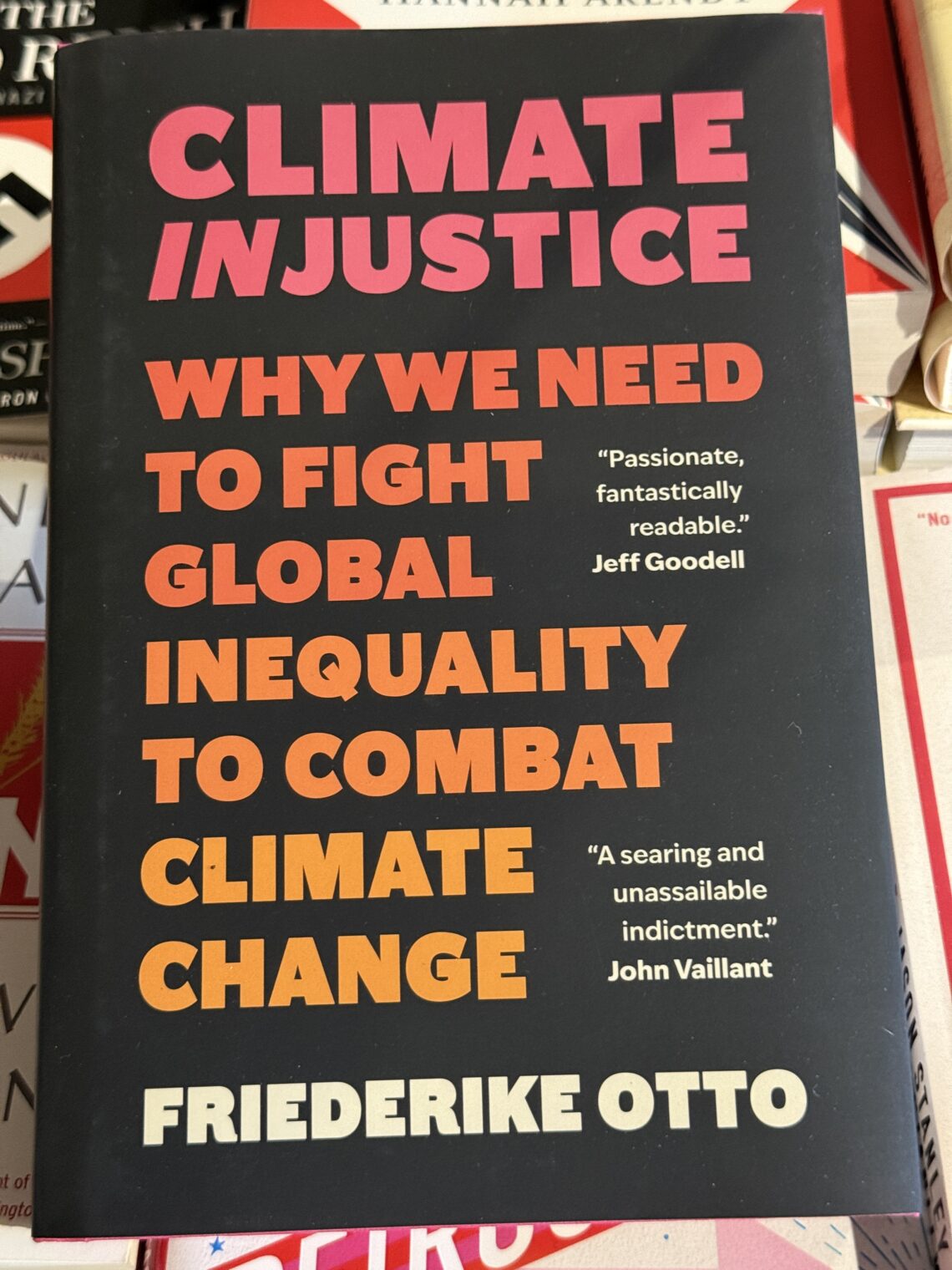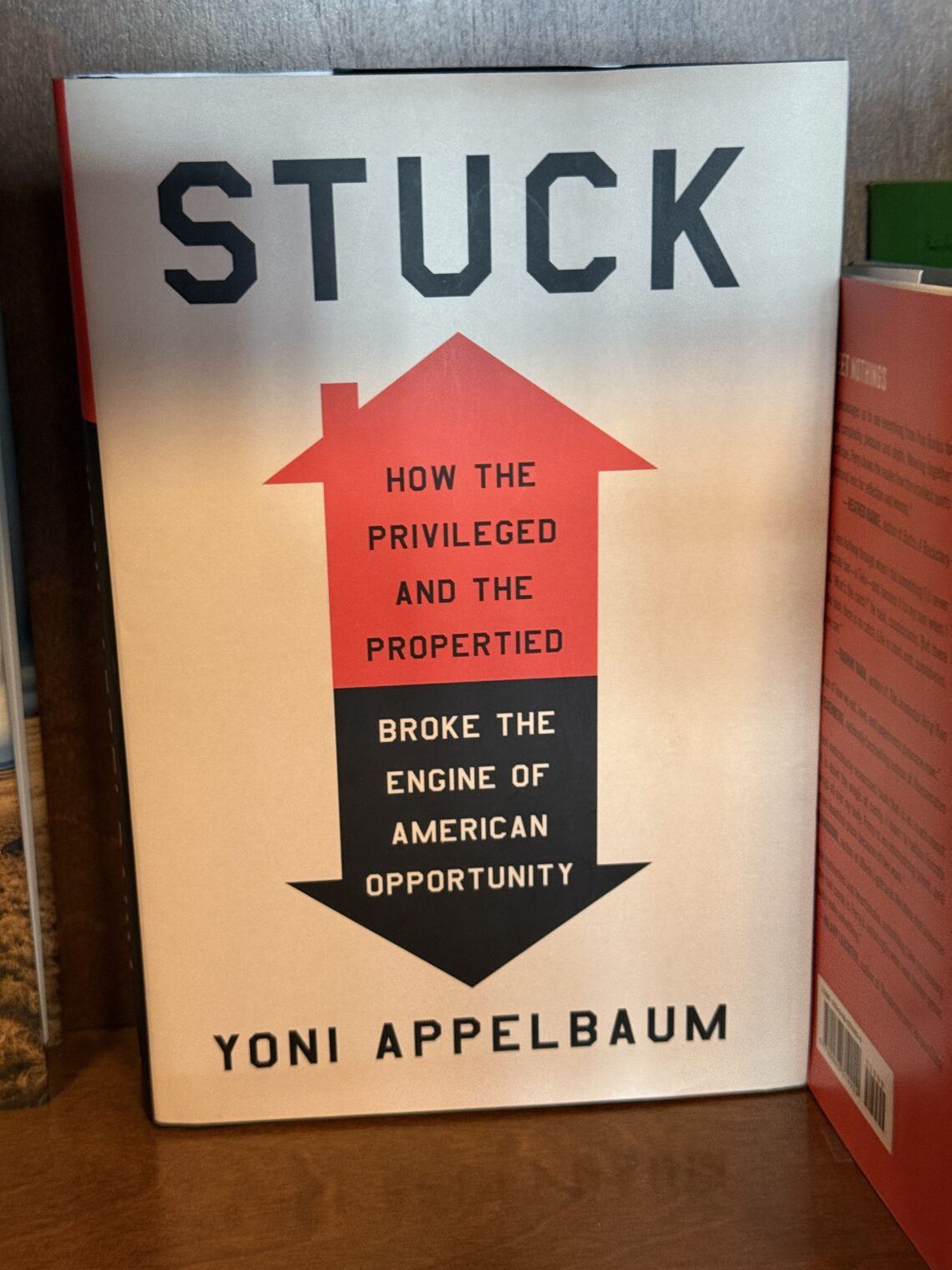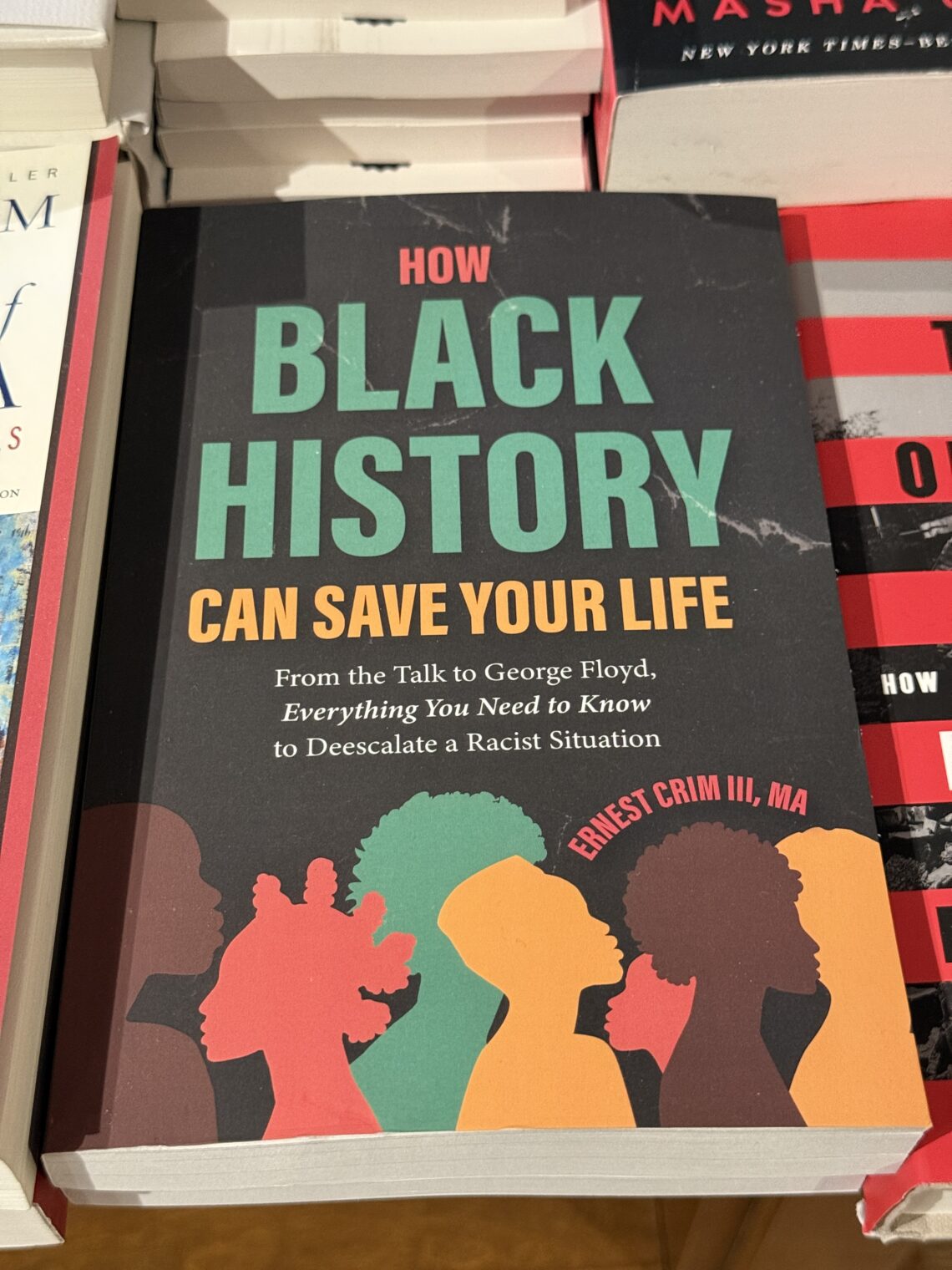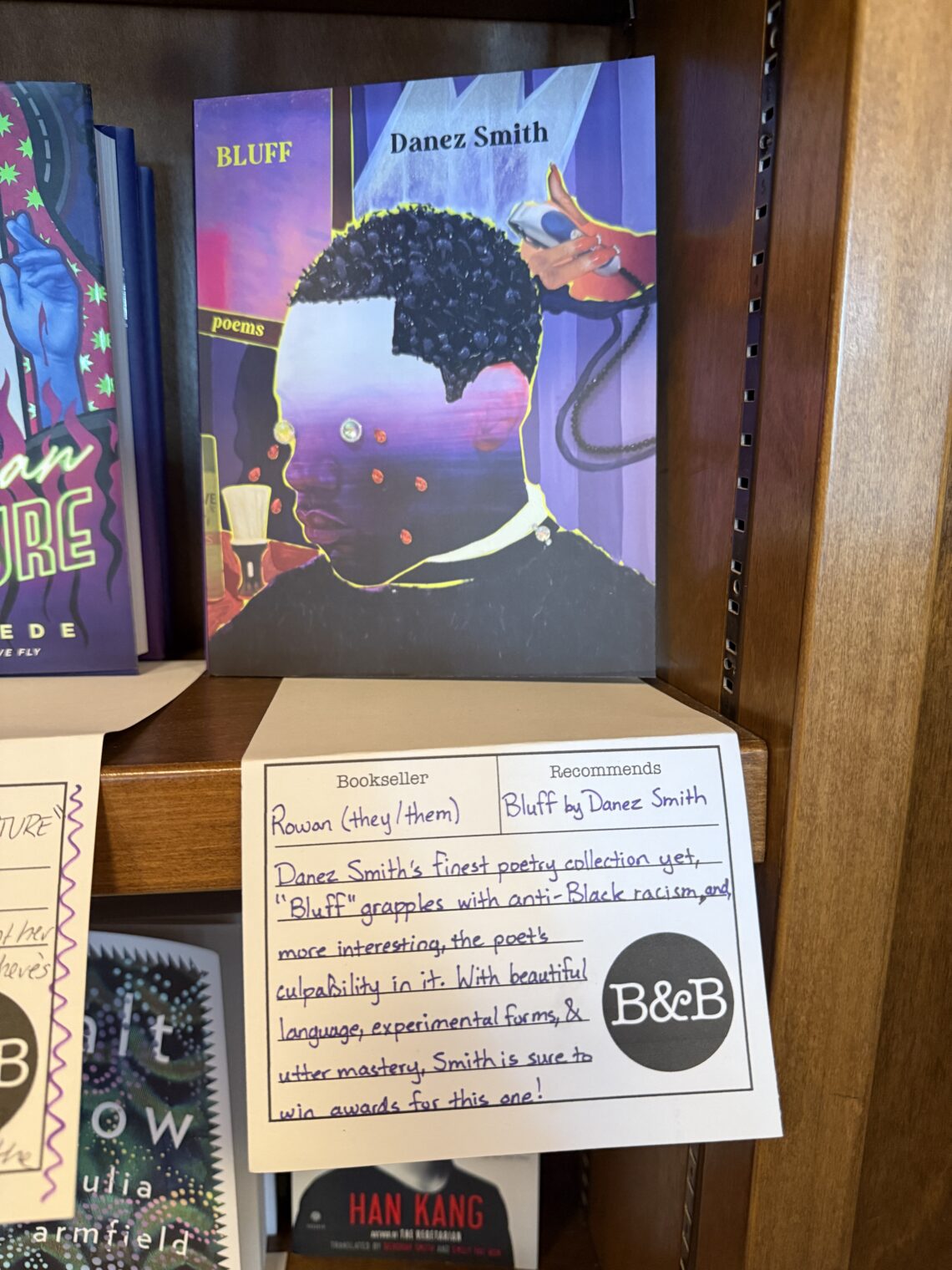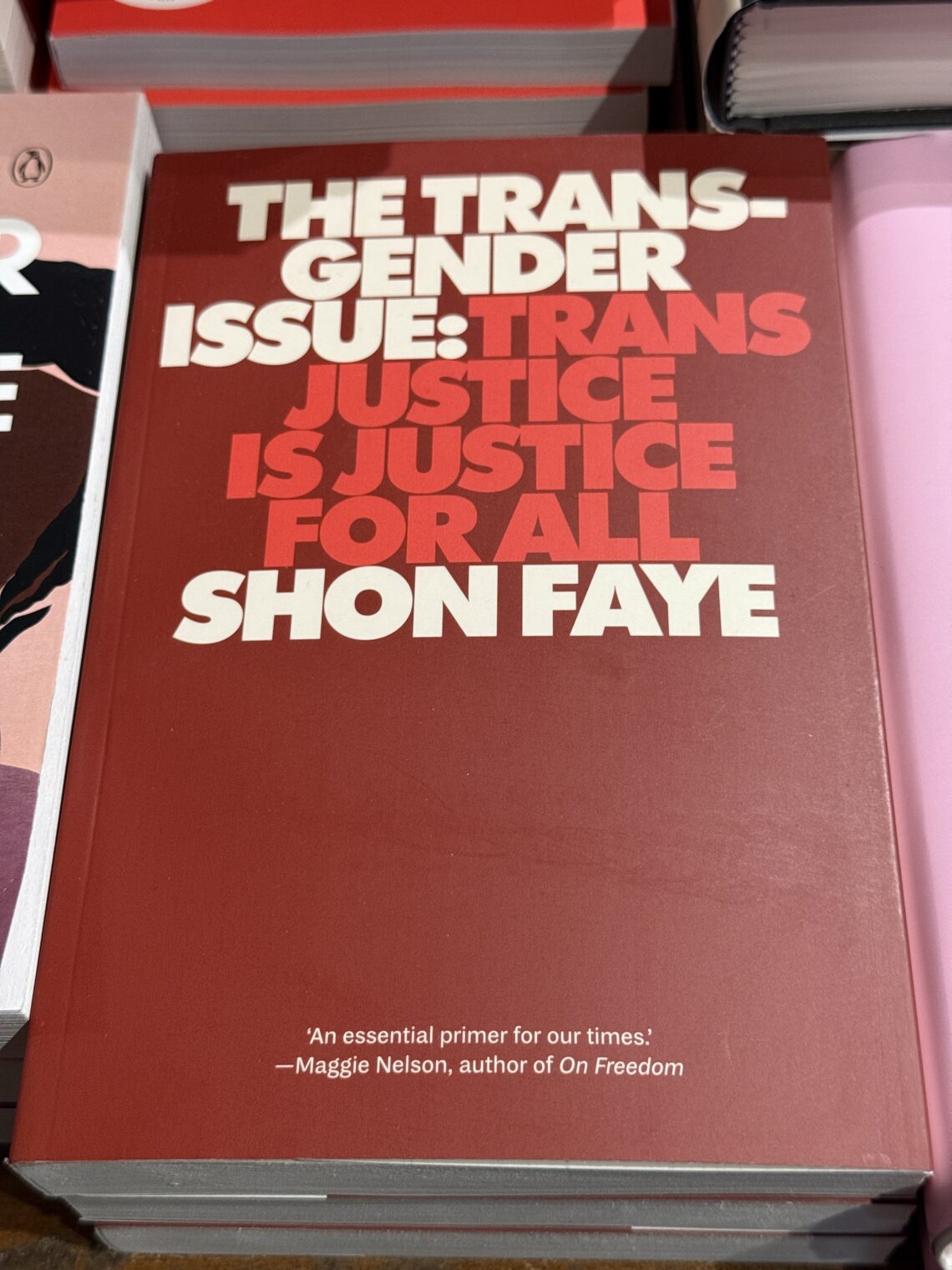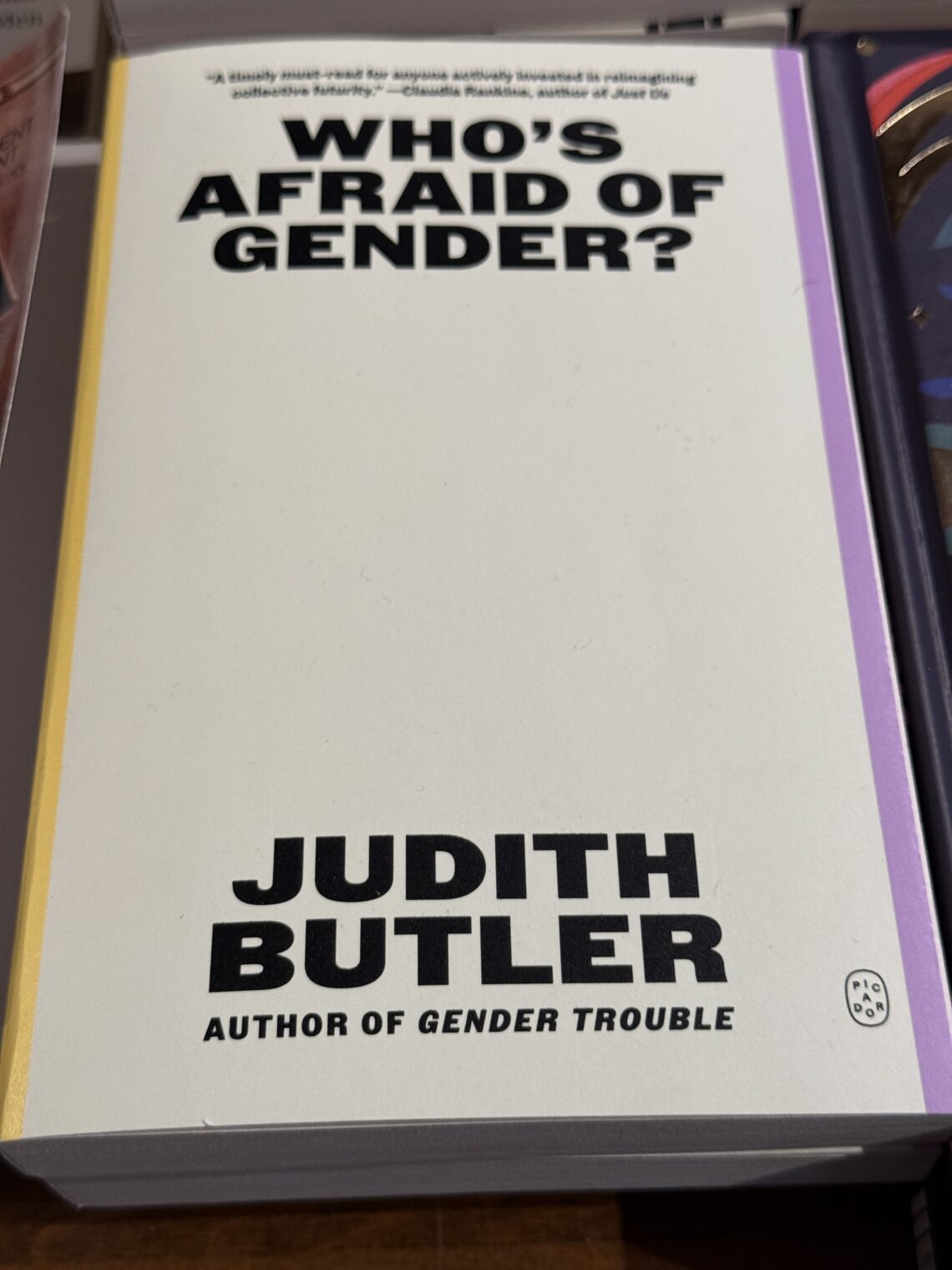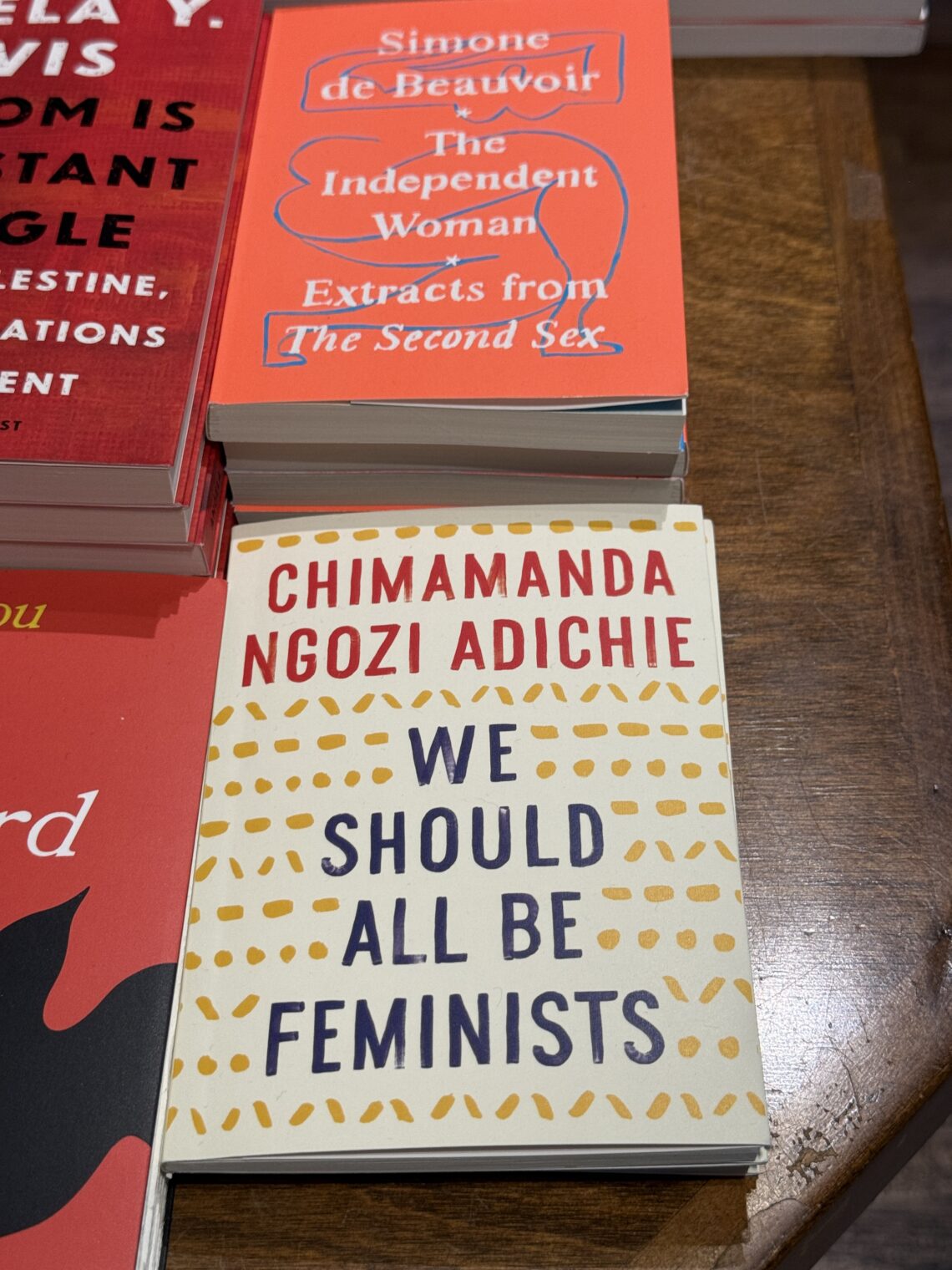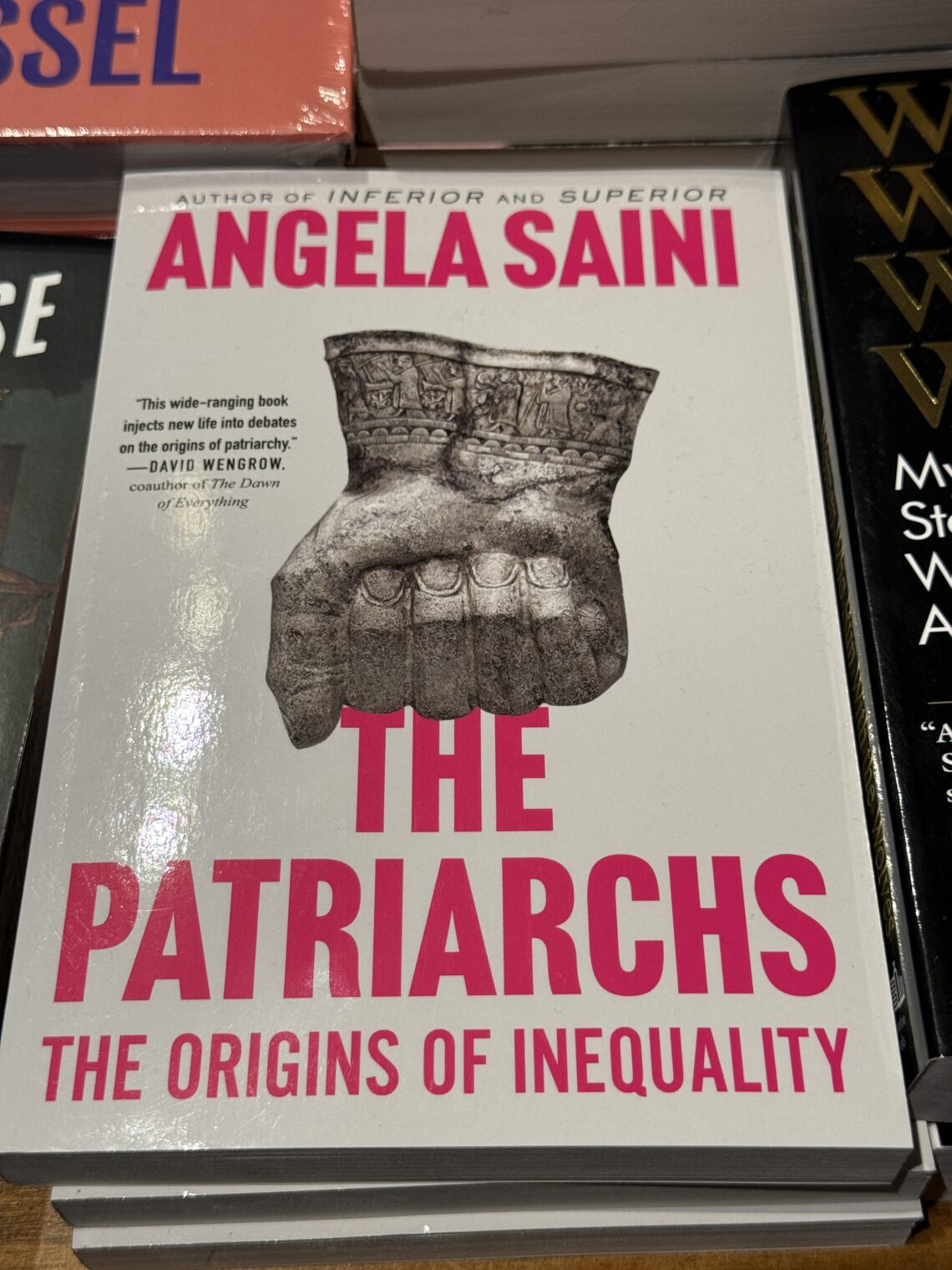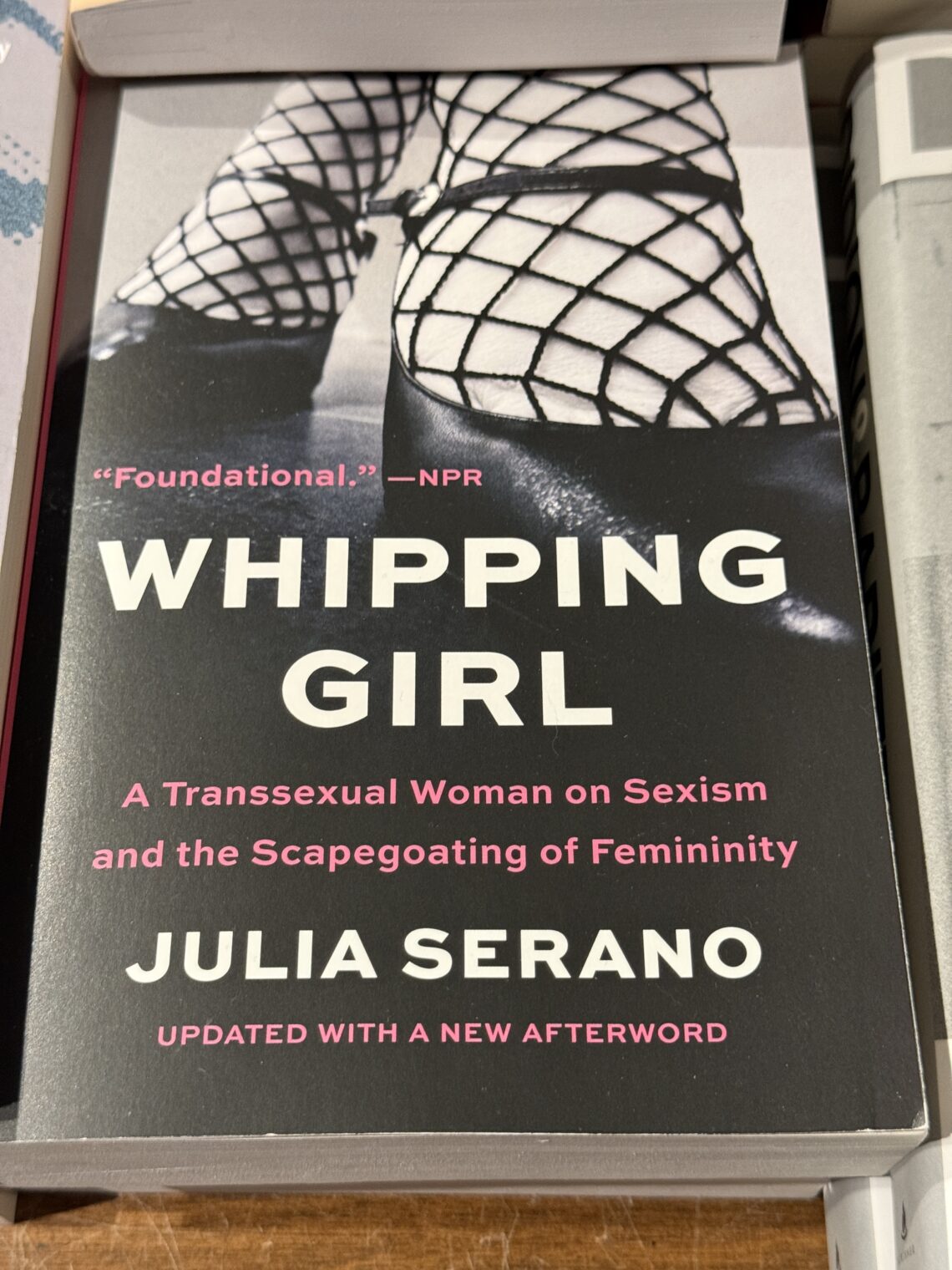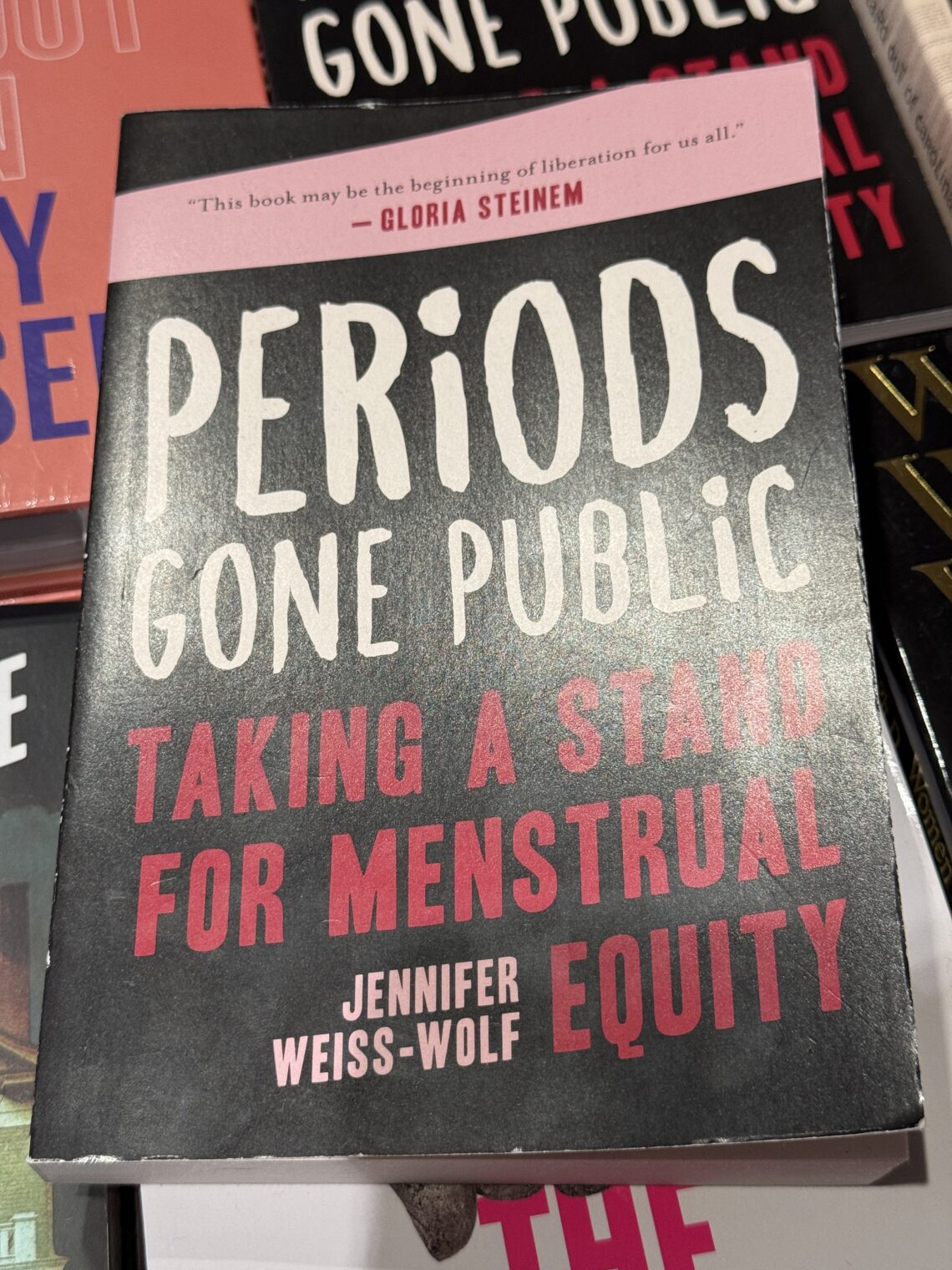Tailboom chop in the New York City tour helicopter crash
Friends have been asking for an explanation of the horrific recent NYC tour helicopter crash, in which the machine was seen falling without its empennage (i.e., the tail had been chopped off by the main rotor system). Here are the passengers just before departure:
The weather seems to have been pretty good. The crash was at 3:15 pm, 15:15 Eastern or 19:15Z. Here’s the nearby (LaGuardia and Newark) weather at 1851Z:
KLGA 101851Z 16017G22KT 10SM FEW040 BKN100 BKN140 OVC250 08/M04
KEWR 111851Z 04011KT 7SM -RA BKN010 BKN017 OVC032 08/05LGA had winds gusting 22 knots, which can generate some turbulence near buildings. Newark had steady winds of 11 knots with light rain and a low ceiling of 1000′ (not a problem for a helicopter that will operate at 500′). If turbulence leads to a low-G condition and the pilot doesn’t react properly, the result can be mast bumping (inner portion of the blades hit the shaft holding up the rotor system), but that common initial speculation seems unlikely in this particular case because the winds weren’t that heavy and a tourist flight isn’t usually the time for intentional rollercoaster-style maneuvers.
“Pilot in Hudson River helicopter crash called about needing fuel before fatal accident, CEO says” (Fox):
“The pilot of the doomed aircraft reportedly radioed about needing to refuel minutes before the helicopter crashed into the chilly waters, according to New York Helicopter Tour CEO Michael Roth, whose company operated the helicopter.”
This points to a more likely scenario (albeit still complete speculation until further data are available): engine stoppage due to running out of fuel followed by a failure to initiate an autorotation. The Robinson R44 has a similar two-blade rotor system to the Bell 206L4 (N216MH) that crashed. Here are some excerpts from the pilot’s operating handbook for the R44 that lay out the accident sequence:
- fuel exhaustion causes the engine to quit
- the engine quitting causes the rotor system to slow down
- the pilot, startled by the engine quitting, does not immediately (within 2-4 seconds) enter an autorotation, a lowering of the collective pitch control that flattens the blades and allows them to maintain speed while windmilling
- the retreating blade stalls, partly due to the high angle of attack caused by the relative wind beginning to come from below the helicopter as the helicopter falls, and the rotor system “blows back” due to the lost of lift (explaining this in full requires some understanding of the physics of gyroscopic precession)
- the severely tilted rotor contacts and chops off the tailboom
If this is indeed what happened, what can we learn? First, it is a lot easier to do the right thing in a training environment when simulated emergencies (e.g., an instructor rolling the throttle to idle) are expected. Second, being 100 percent vigilant 100 percent of the time is a perfect job for a computer whose job can be to shove the collective down and enter the autorotation even if the human pilot is still startled and frozen. A system like this has been designed, but is not widely available. See “HeliTrak launches R22/R44 Collective Pull Down” (2018), for example.
You might ask how it is possible for an experienced pilot to run an aircraft out of fuel. I was providing some recurrent training to two Brazilian helicopter pilots. Brazil is a huge market for helicopter taxi service due to horrific traffic and high levels of crime (they could use an El Salvador-style clean-up!). We were in the R44 at a quiet uncontrolled airport (6B6) in Maskachusetts doing some pattern work (take off, fly around in a circle, land). I stressed the importance of checking fuel levels and temperatures/pressures on downwind (flying at 500′ above the ground parallel to the runway) and before lifting up or taking off. I did the standard Robinson flight instructor trick of pulling the “gages” circuit breaker (aeronautical engineers can’t spell?). This causes the analog gauges to show 0 fuel, 0 oil pressure, and 0 oil temperature. The pilot flew 3 or 4 patterns without noticing anything amiss (i.e., missed at least checks of the gauges). His pilot friend in the back seat also didn’t notice anything. I asked them what they thought the most common cause of aircraft engine stoppage was. “Cylinder heat temperature too high?” was the answer (supposedly it is fuel exhaustion). I reminded them to make sure to do the pre-take-off and downwind checks. We fly at least 4 additional patterns without anyone noticing a problem. I asked the flying pilot to set the helicopter down on the runway and explicitly asked “How do the gauges look?” He responded, “fine”. His friend in the back seat agreed that nothing was amiss. Nervous myself about the fuel situation, I pushed the breaker back in, but not before noting that 0 fuel wasn’t a great way to fly. (In retrospect, I didn’t have to be nervous because Robinson’s orthographically-challenged engineers wisely put the low fuel light (10 minutes) on a separate circuit.)
Update: I’ve now seen some video, thanks to reader comments, in which the rotor system, still attached to part of the transmission, is also separated from both the tail and the fuselage. That casts some doubt on the above theory, but I will leave it in place as a reminder of how wrong I usually am.
Full post, including comments






